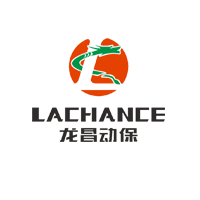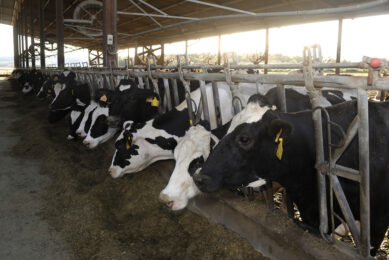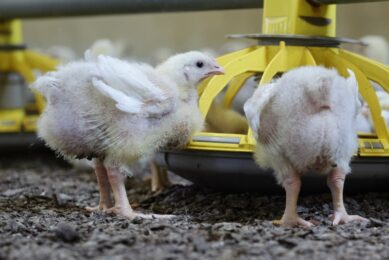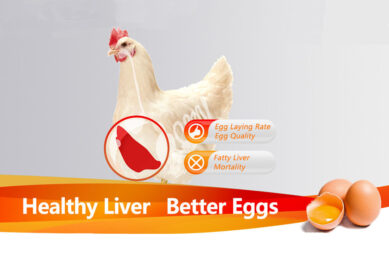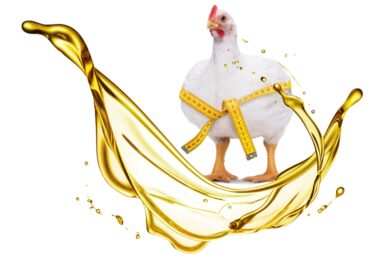Using bile acids to replace cholesterol in shrimp feed
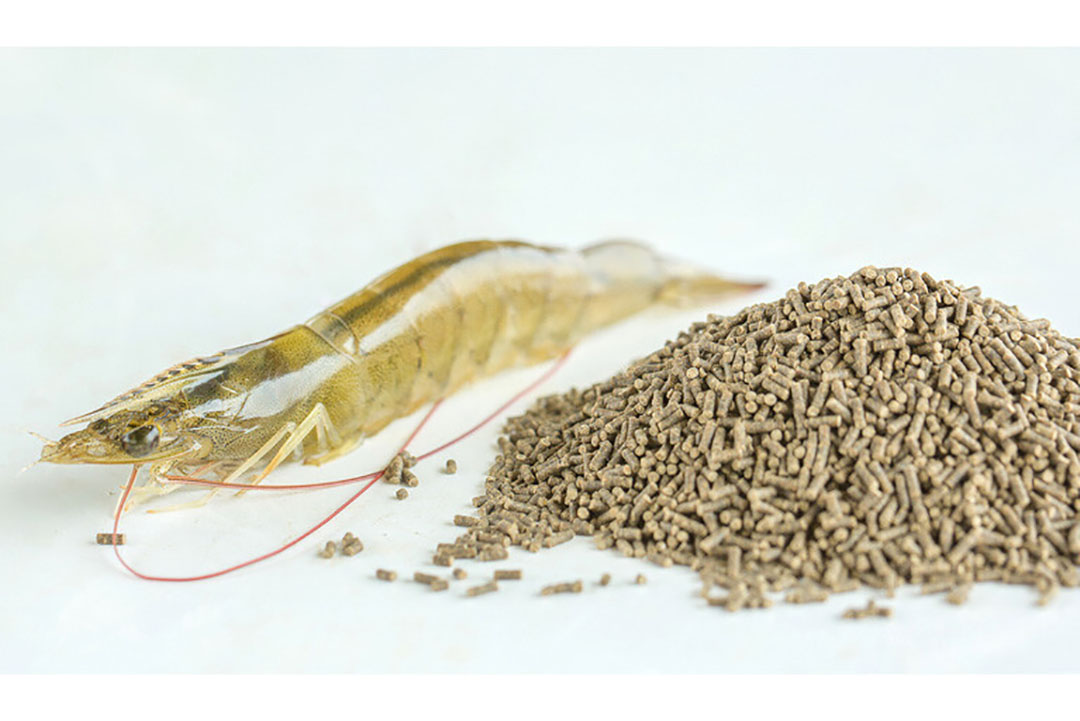
Bile acids can help in the absorption of fat and fat-soluble substances and protect the health of hepatopancreas. This article will analyse the effect of bile acids on the metabolism of cholesterol in P. vannamei.
Cholesterol, is an important component of animal cell membrane, which plays an important role in reducing the fluidity of cell membrane and the permeability of Na+ to cell membranes. Cholesterol can also be converted into bile acids under the action of liver 7α-hydroxylase.
Studies have shown that crustaceans can’t synthesise cholesterol. The results show that the required amount of cholesterol in crustacean feed is generally 0.2%-1.0%. Excessive cholesterol will inhibit growth. Lack of cholesterol in the feed will adversely affect the growth of P. monodon and P. vannamei. One study on the interaction of cholesterol on juvenile P. monodon, revealed that adding 0.5% cholesterol can improve the growth of P. monodon. Therefore, adding cholesterol to shrimp feed has become one necessary measure to ensure the health and growth of shrimps.
Click here to enlarge this figure
Trends and production costs
Currently, replacing fish meal with plant-sourced protein has become an inevitable trend in the development of the P. vannamei feed industry. As a result, the cholesterol required for growth of shrimps is insufficient in the feed. However, adding cholesterol (about 100 US dollars/kg) in feed may cause a hike in production costs to shrimp feed manufacturers.
By adding bile acids to the feed, the physiological effects of bile acids in the feed on P. vannamei are determined i.e. improving the utilisation of cholesterol in P. vannamei feed, reduce the amount of cholesterol in the feed, so as to provide technical support for the feed manufacturers in terms of production cost reduction.

Analysis
1. Test Design
The test feed is basal feed (0.10% of cholesterol) added with extra 0.10% of cholesterol. Add 0.02% of bile acids in basal diet and then replace 20%, 40% and 60% of cholesterol in test feed, respectively. The test will last for 8 weeks to study the effect of supplemental bile acids (0.02%) and different cholesterol level in feed on the growth performance of P. vannamei (1.27±0.18g).
Please refer to Table 1 for the content of cholesterol and bile acids in each test group. The cholesterol level in basal feed is 0.10%. Four test groups are different for the content of cholesterol and bile acids, changing with different amount of wheatmeal in feed.
2. Test Results & Analysis
2.1 Test Results are shown in the table below
2.2 Analysis
As is shown in Table 2, when cholesterol level in feed is 0.20%, 0.02% supplemental bile acids replace 20%, 40% and 60% of supplemental cholesterol, respectively. When the replacement ratio is 20-40%, the effect on weight gain rate, final body weight, specific growth rate, FCR and hepatopancreatic index and survival rate is not remarkable (P > 0.05). When the replacement ration is 40-60%, final body weight, weight gain rate, specific growth rate are reduced remarkably (P < 0.05). The feed cost can be saved by 6USD/ton feed.
3. Conclusion
Bile acids are one sort of active substances that can promote the absorption of fat and fat-soluble substances and protect the health of hepatopancreas. For vertebrates e.g. fish, cholesterol is converted in the liver into bile salts, which then go to the digestive tract with bile and take effect in the digestion and absorption of lipids. However, crustaceans e.g. P. vannamei do not have the ability to synthesise bile salts like other vertebrates. Therefore, bile acids are the essential nutrients in compound feed for crustaceans such as P. vannamei. Bile acids, can not only promote the absorption of fat and fat-soluble substances, e.g. cholesterol, but also make up for the lack of ecdysone precursor, cholesterol, which is of great significance for improving the physiological health of shrimps.
Dr Smith believes that cholesterol is one of the most expensive ingredients in shrimp feed. Adding 2g of cholesterol in 1 ton of feed means a 10% increase in cost (Table 3). It can be concluded in the trial that without reducing growth performance, when the cholesterol in the shrimp feed is 0.2%, adding 0.02% of bile acids can replace 20% of cholesterol and save the feed cost by 6 USD/ton of shrimp feed, which will improve the product competitiveness, indirectly.
References available on request
Author: Dr Zhangwei, Lachance Group


